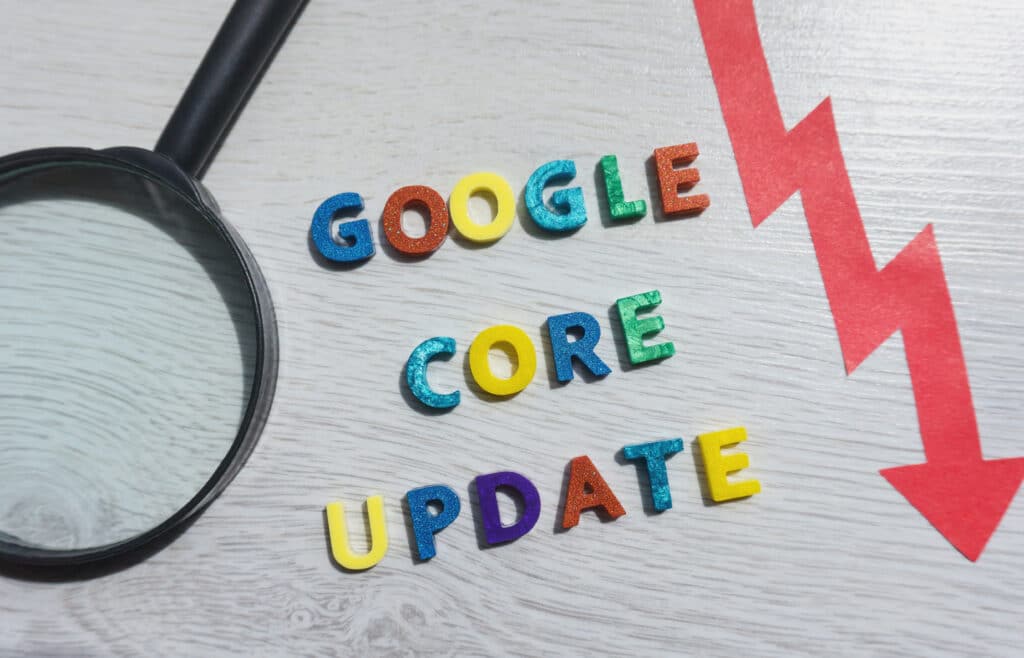Google began rolling out its newest core algorithm update last week, which had no name and no details included in its release notes. This was the second large update of 2023, with the last one occurring in March. These smaller algorithm updates can be confusing to navigate, often because they come with less communication from Google than a major SEO sea change such as an update like Panda or Penguin. While Google tracks all of its updates for developers and offers somewhat of an explanation for updates that are substantial enough to have names, core algorithm updates are trickier to understand and track.
Here’s how to navigate a core algorithm update.
What is a Google core update?
The expansive algorithm that controls the order in which pages rank is a constant work in progress – a core algorithm is simply a change to this algorithm that has been deemed insignificant enough not to warrant a name or explanation. Certain aspects of the algorithm might receive multiple updates, such as the recent helpful content update, which was released in August of 2022 and updated again in December of 2022. Unlike core updates, these named updates are given slightly more context and explanation. By contrast, what makes core updates somewhat frustrating is the lack of explanation about what has changed. If you do find your site has been impacted, it’s tough to pinpoint why that might be.
How do I know if my site has been impacted by a core update?
Keep an eye on how your site is performing. That includes the core metrics of your site, like organic traffic and impressions, but it also includes which keywords you’re ranking for and which pages are ranking well. If particular pages do experience a drop, take note of any similarities between the pages. If you notice any dips in performance, it’s likely you’ve been affected.
How do I recover from a core update?
Rule #1: Don’t panic. Like death and taxes, so too can we count on algorithm updates. Google explicitly states that core algorithm updates aren’t meant to punish “bad” sites but rather a chance to reindex new content. If you do find yourself impacted, there are two things working in your favor. The first is that it’s likely you won’t be impacted too badly, as these updates typically don’t impact many sites (some estimates say less than 1%, but it’s hard to say exactly). The second is that these updates happen with relative frequency, so continuing to put effort into following Google’s guidelines will pay off in the long run. While it can be frustrating in the short term, don’t give up!
We Can Help
Need help with your SEO? MyAdvice has been helping businesses like yours grow for more than 20 years. Contact one of our digital marketing experts for a complimentary consultation today.



